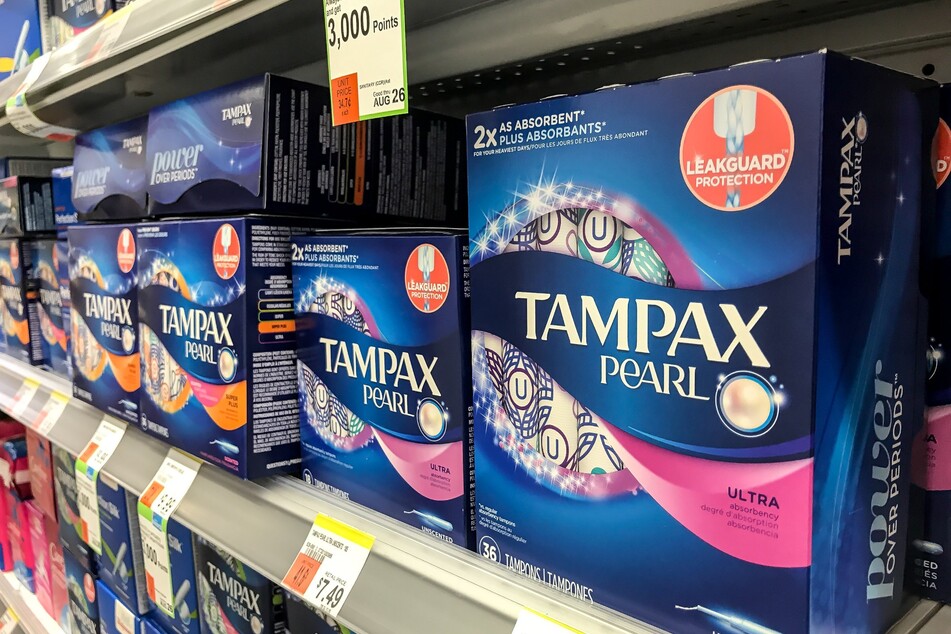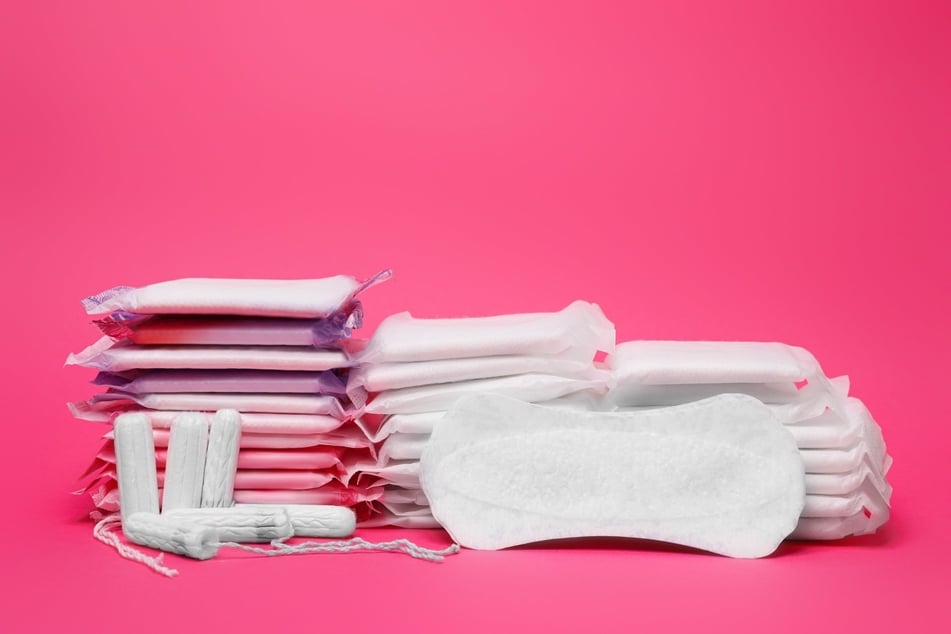Scotland makes menstrual products free as period poverty continues in US
Edinburgh, UK - Scotland has become the first nation in the world to offer menstrual hygiene products for free!

Thanks to legislation approved by Scotland's parliament in 2020, as of Monday, August 15, 2022, menstrual products are available in pharmacies and community centers free of charge, per NPR.
"Providing access to free period products is fundamental to equality and dignity, and removes the financial barriers to accessing them," Scotland's Social Justice Secretary Shona Robison said in a statement.
Robinson emphasized that the move is "more important than ever" now that costs of living are on the rise.
Scotland is the first nation to offer free menstrual products, while New Zealand and Kenya distribute period products for free in public schools.
To celebrate the win in Scotland, Monica Lennon, the Scottish parliament member who started working on the proposal in 2016, took to Twitter to say, "Proud of what we have achieved in Scotland. We are the first but won't be the last."
Many low-income people in the US have to choose between tampons and food

In the US, legislation to make these products available free of charge in K-12 public schools has passed in a few states, including New York, Virginia, and Oregon.
A dozen states have passed bills to exempt menstruation products from sales tax.
In 2021, New York Congresswoman Grace Meng introduced federal legislation that would require Medicaid to cover period products. The bill, which is still in committee, would provide grants and other assistance to improve access to period products in K-12 schools, colleges and universities, public federal buildings, and incarceration facilities.
Period poverty is an ongoing problem in the US for low-income menstruating people.
A package of tampons or pads can cost around $7 to $10 and lasts a month or two. Supply chain problems during the pandemic have driven up costs and made menstrual products harder to find, according to NPR.
These circumstances mean difficult decisions for many Americans. A 2019 survey of low-income women in St. Louis found that nearly half reported having to choose between menstrual products and food at some point during the year.
Federally funded assistance programs like WIC and SNAP don't usually cover the cost of these hygiene products.
A recent study by George Mason University noted that about 14% of college-aged women struggle to afford menstrual products. The number is higher among Black and Latina women.
The study also found that those who struggle to afford these products were more likely to experience depression.
Cover photo: 123RF/tiraspr

